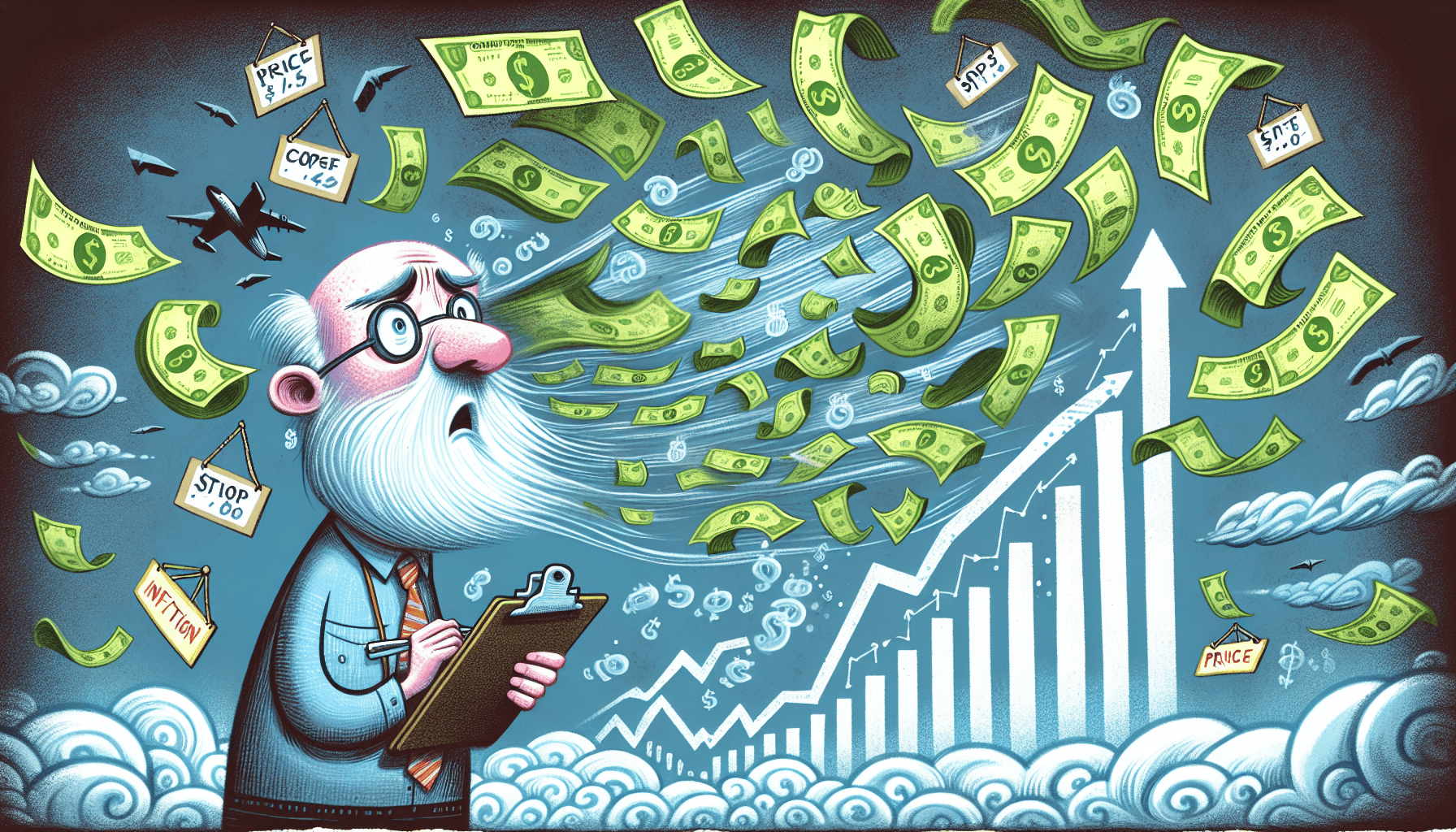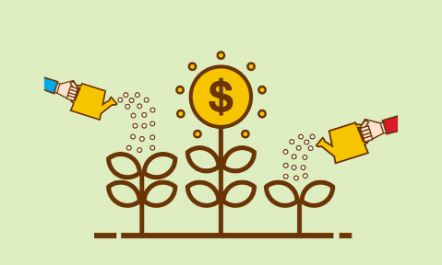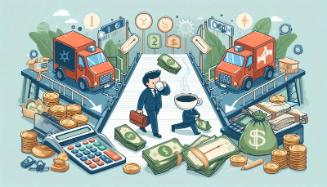The Impact of Inflation on Everyday Expenses in 2025 – What to Expect
Inflation continues to impact daily expenses in 2025, affecting food, rent, gas, and healthcare costs. This article explores how inflation trends influence consumer spending and provides tips to manage rising prices.
How will inflation affect food, housing, and transportation costs in 2025? Discover key trends and financial strategies to manage rising prices.
Introduction – Inflation’s Impact on Everyday Life
Inflation has been a dominant economic concern in recent years, and its effects continue into 2025. While some sectors have seen price stabilization, others still face rising costs. Understanding how inflation affects essential expenses can help consumers make better financial decisions.
Food Prices – Will Groceries Get Cheaper?
Grocery bills have been a major concern for households worldwide. Key trends in food pricing include:
- Supply chain recovery: Some costs have stabilized due to improved distribution networks.
- Climate impact: Weather disruptions affect crop yields, keeping prices high for certain goods.
- Consumer shifts: More people are opting for budget-friendly alternatives and bulk buying.
Housing Market – Renting vs. Buying in 2025
Housing affordability remains a key issue. The trends in 2025 include:
- Higher mortgage rates: Borrowing costs remain elevated, making homeownership less affordable.
- Rental price increases: Renters continue facing price hikes, especially in urban areas.
- Government policies: Some regions introduce rent control measures to stabilize costs.
Gas & Transportation Costs – Will Fuel Prices Drop?
Gasoline and transportation costs are fluctuating due to global oil markets and energy policies. Key factors include:
- Electric vehicle adoption: More EVs on the road may impact fuel demand.
- Geopolitical events: Oil supply chain disruptions cause price volatility.
- Public transportation reliance: Rising fuel prices push people toward mass transit options.
Healthcare Costs – Rising Expenses for Medical Care
Healthcare inflation continues to impact households in 2025. Trends include:
- Higher insurance premiums: Costs for health coverage are increasing.
- Prescription drug prices: Medication costs remain a concern despite regulatory efforts.
- Preventive care growth: More consumers focus on wellness and cost-effective health solutions.
Utility Bills – How Energy Costs Are Changing
Electricity, gas, and water bills have seen shifts in pricing. Key trends:
- Renewable energy expansion: Solar and wind power contribute to stable energy costs.
- Increased consumption: More people working from home results in higher energy usage.
- Government incentives: Tax credits encourage energy-efficient home upgrades.
Travel & Entertainment – Will Prices Go Down?
Inflation has impacted travel and entertainment, making vacations and leisure activities more expensive. Trends include:
- Higher airfare: Rising fuel costs contribute to expensive plane tickets.
- Hotel price surges: Demand for travel keeps accommodation costs high.
- Streaming & subscriptions: More platforms raise prices for digital content.
Investment & Savings Strategies in an Inflationary Economy
With inflation eroding purchasing power, smart financial planning is crucial. Consider:
- Investing in inflation-protected assets: Bonds, real estate, and commodities can hedge inflation risks.
- Building an emergency fund: Increased living costs make savings more essential.
- Cutting discretionary spending: Prioritizing needs over wants helps maintain financial stability.
Preparing for Inflation’s Impact in 2025
While inflation is an ongoing challenge, understanding its effects and adopting smart financial habits can help individuals and families navigate rising costs effectively. Staying informed and making strategic decisions is key to maintaining financial security.








